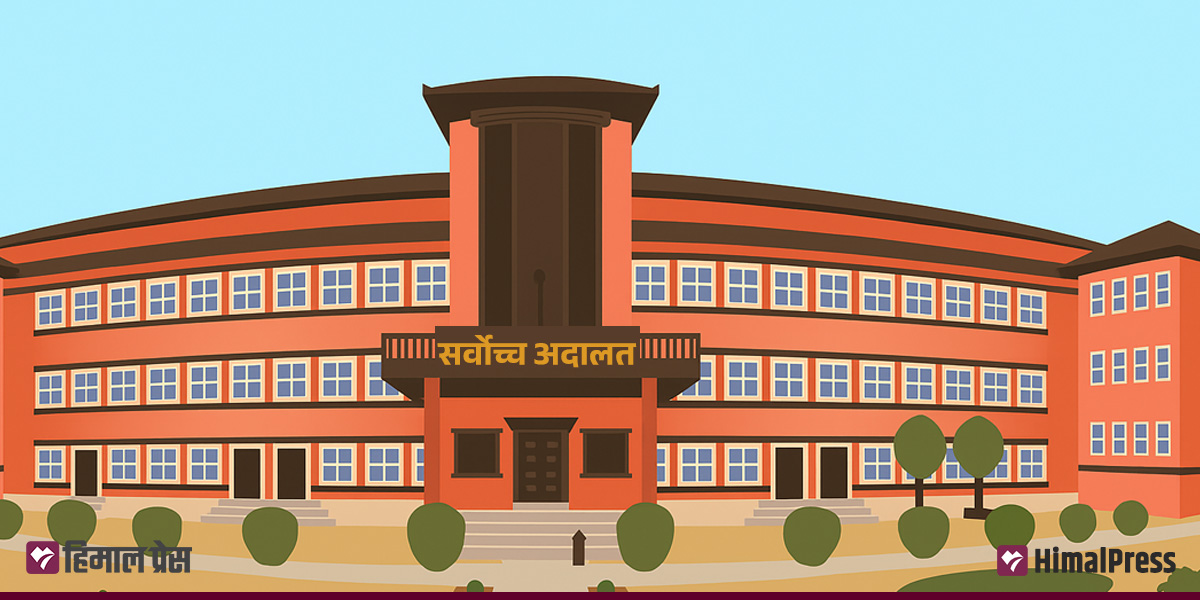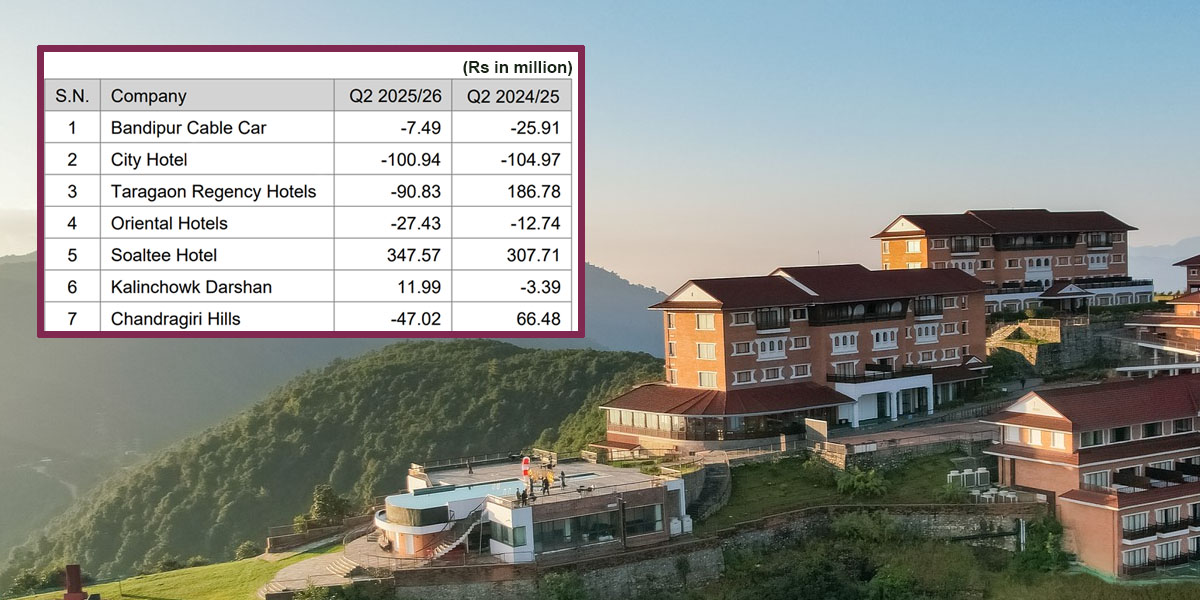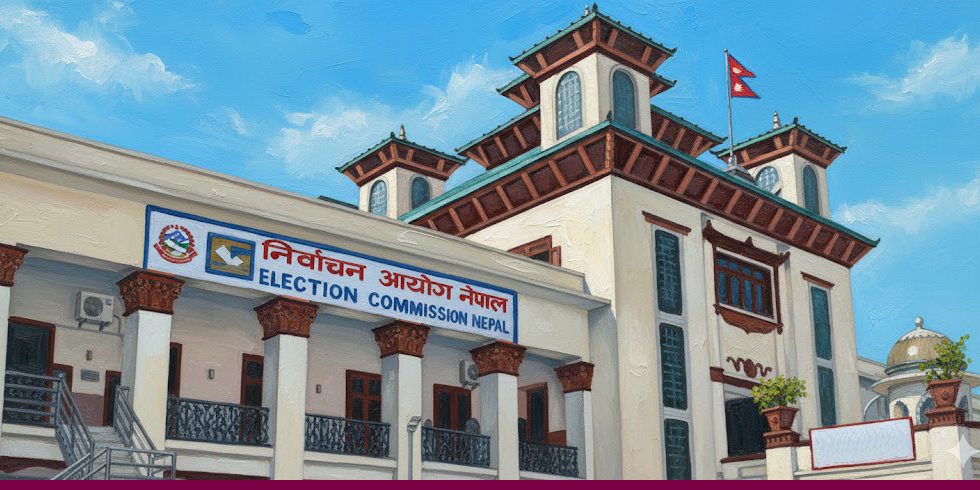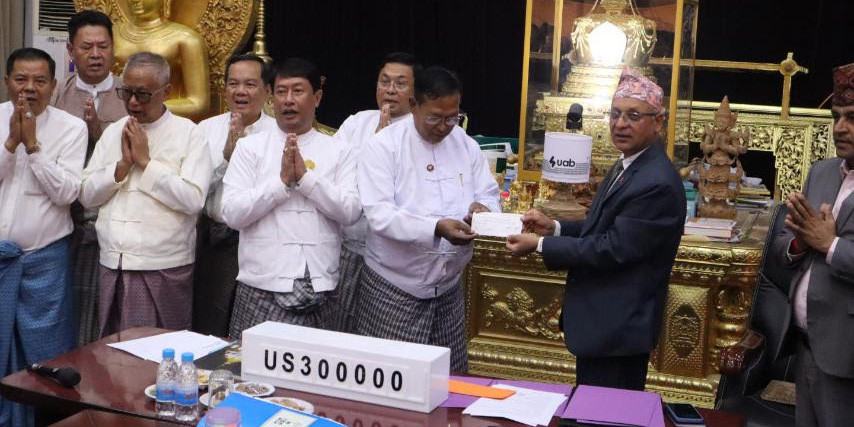 Photo: AI generated
Photo: AI generated
KATHMANDU: The government is preparing to implement a policy that will provide collateral-free loans to workers going for foreign employment by mid-November.
The government announced the plan through the budget for fiscal year 2024/25 in mid-July. The Nepal Rastra Bank (NRB) has also incorporated the plan in its monetary policy for the current fiscal year.
Minister for Labor, Employment and Social Security Sharat Singh Bhandari said that the final draft of the collateral-free loan provision for foreign migrant workers is being prepared. He added that the ministry has already held extensive discussions with private sector banks and other stakeholders to implement the collateral-free loan program.
“Once the collateral-free loan distribution begins, it will provide significant relief to the financially disadvantaged people interested in seeking employment opportunities in a foreign land,” Minister Bhandari told Himal Press. “The government is implementing the program considering the economic condition of migrant workers.”
At present, youths are compelled to take out loans with interest rates ranging from 36% to 60% to secure job in a foreign land. Minister Bhandari said the compulsion to take high-interest loans will be eliminated once the collateral-free loan scheme comes into implementation.
Around 2,000 Nepalis leave for foreign employment every day. Of these, about 60% have been taking out loans with high interest rates to finance their foreign employment, according to the ministry.
The talk of collateral-free loans for foreign employment, however, is not new. In 2017, the then-Executive Director of the Foreign Employment Board, Raghunath Kafle, had also proposed providing collateral-free loans to migrant workers. However, his proposal was rejected by then labor minister Farmullah Mansur.
Kafle had proposed the scheme with the aim of providing support to migrant workers in areas such as pension, employment insurance, social security fund, concessional loans, education and healthcare. He had also proposed establishing a labor bank to provide low-interest loans to migrant workers. His proposal has been gathering dust in the ministry.
While the collateral-free loan scheme is a good initiative to eliminate the burden of high-interest loans for migrant workers, labor experts suggest that it may not address the larger issue of youth migration. The Ministry of Labor had previously implemented a policy of free visa and free air tickets for workers going to Qatar, Malaysia, Saudi Arabia, UAE, Kuwait, Bahrain and Oman. However, there is criticism that the government is introducing the collateral-free loan scheme while the free visa and free ticket policy is already in place.
Former Labor Secretary Purna Chandra Bhattarai said that the government’s collateral-free loan scheme for migrant workers is primarily aimed at gaining popularity, as the government has not thoroughly studied past policies before introducing the new plan. “The government’s intention to provide economic relief to migrant workers by introducing the collateral-free loan scheme is commendable. However, the majority of migrant workers are already going to the countries where the free visa and free ticket policy is in place. Providing them with loans may not be the best approach,” Bhattarai added.
There are several challenges in the implementation of this plan. Even if the banks provide collateral-free loans, there are concerns that they may still charge high interest rates. The government’s plan to make it mandatory for migrant workers to open a bank account before going abroad, which was announced in the budget, has not been implemented yet. More than 65% of migrant workers currently do not have bank accounts in Nepali banks, according to various studies by the ministry.
Officials at the ministry say that the draft plan proposes providing the collateral-free loans directly to the manpower agencies, rather than depositing the funds in the bank account of migrant workers. The loans will cover the costs of passport processing, medical expenses, service fees, air tickets, and all other expenses incurred in Nepal, they added.
















